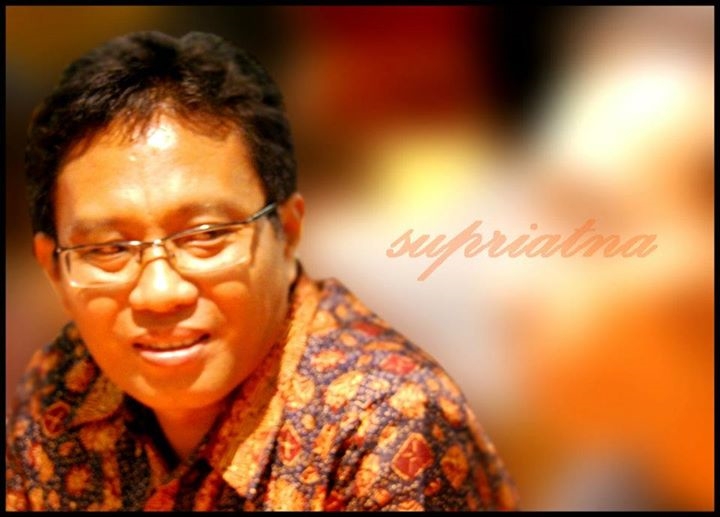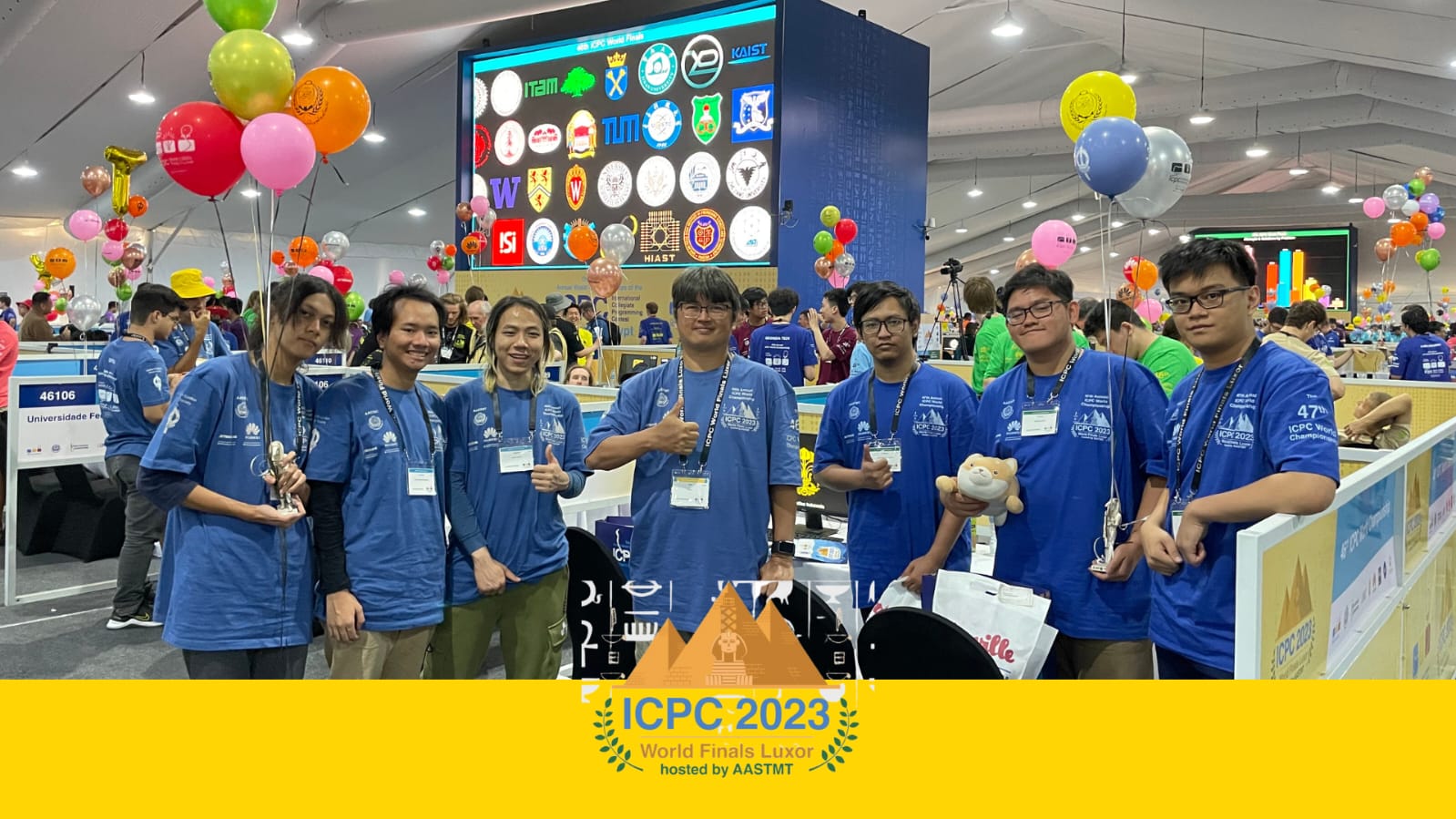In the Industry 4.0 era, public administration faces several complex problems that require innovative and responsive solutions. The government needs to address the challenges of integrating technology in public policy, demands for higher transparency from society, cyber security, and access gaps. Neo-Weberian is one form of modern public administration that can rapidly improve economic growth prospects. This concept was coined by Max Weber, a sociological, political and economic figure from Germany.
A renowned expert in the field of public governance, Prof. Wolfgang Drechsler, explained that according to Max Weber, the most effective and efficient public administration is a collection of work units where civil servants must be selected based on merit. Work units also need to provide a clear hierarchical structure and division of labor, opportunities for career advancement, and the importance of compliance with the law. This increase in rationality is expected to increase speed, coverage, predictability of results, and cost efficiency, in line with the needs of a modern, advanced industrial society.
“Weber emphasized rationalization and witchcraft, the process by which religious and mythical societal elements decline in significance and influence as rationalization and the scientific method increase. The Neo-Weberian state focuses on citizen orientation, input, outcomes, and professionalism. This concept perfects the concept of New Public Management (NPM), which failed because it transferred business techniques to the public sector, even though citizens were not customers,” said Prof. Wolfgang.
Prof. Wolfgang conveyed this in his inauguration speech as Adjunct Professor at the Faculty of Administrative Sciences Universitas Indonesia (UI). Wolfgang Drechsler is a professor of public governance from Germany from the Ragnar Nurkse Department of Innovation and Governance, Tallinn University of Technology, Estonia. He is also an Honorary Professor at the University College London Institute for Innovation and Public Purpose, and an Associate at the Davis Center for Russian and Eurasian Studies, Harvard University.
In addition to his long experience as a visiting scholar at various universities around the world, Prof. Wolfgang has also consulted for various international institutions, such as the Organization for Economic Co-operation and Development (OECD), the Council of Europe, SIGMA, the World Bank, the European Union (especially the Commission and Parliament), the Inter-American Development Bank, and the United Nations Development Program (UNDP). He is also a consultant for the private sector and national governments, including the governments of Bhutan and Kosovo. Prof. Wolfgang is the author or editor of more than 20 books/journals and 200 scientific articles, with a Scopus index of 14.
The appointment of Prof. Wolfgang as an Adjunct Professor at UI aims to enrich the academic experience of UI students through strategic collaboration in research, teaching, and community service activities. Dean of the Faculty of Administrative Sciences, Prof. Dr. Chandra Wijaya., M.Si., MM. said that the internationalization of education had become one of his main priorities. “We are committed to expanding our network with our academic colleagues throughout the world. In this way, we can develop various activities and programs, ranging from joint lectures, mobility of students and teaching staff, research collaborations, international conferences, to double degree programs.”



